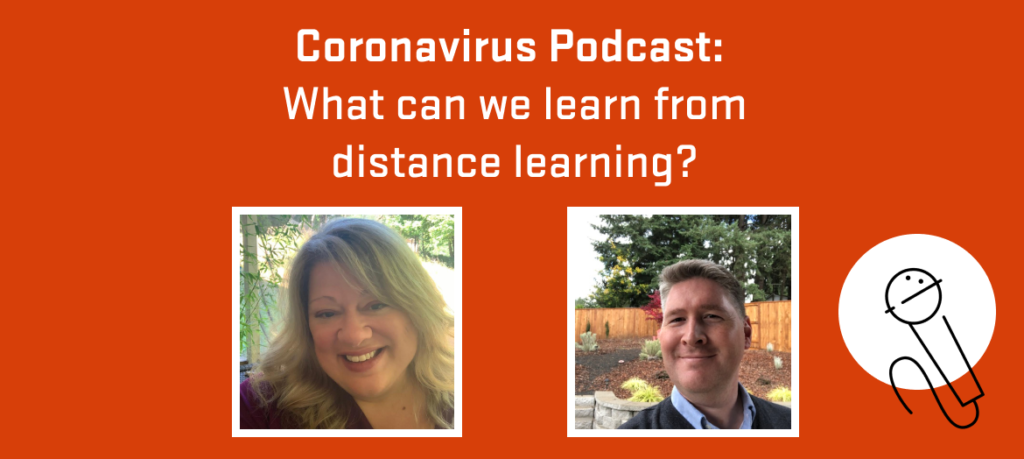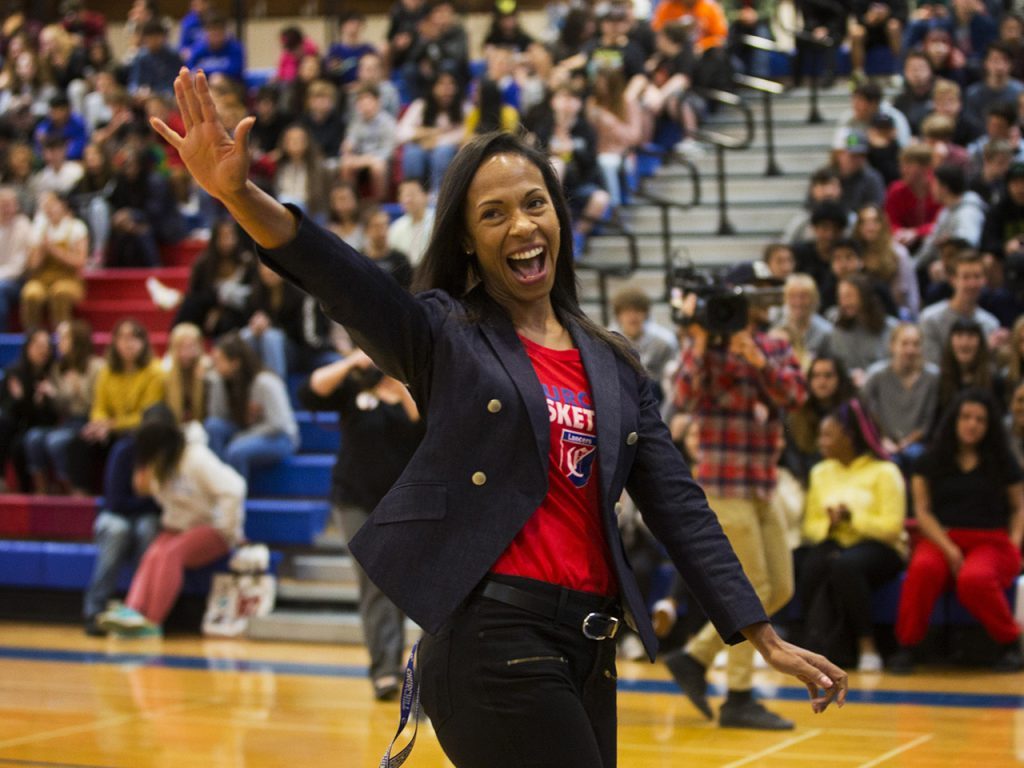
Master of Arts in Teaching alumna Lural Ramirez hopes that new teachers dream big.
“College of Education students coming out of a really strong program like Oregon State’s should challenge and stretch themselves,” she says. “It’s important to be open minded, and learn new things. Dream big.”
Ramirez has been dreaming big herself since arriving at Oregon State in the early 2000s. “What was fantastic about the MAT program was the intensiveness. The program does a great job mixing pedagogical theory with time spent working with students and engaging more as a teaching professional.”
When Ramirez graduated, she felt fully prepared to enter the classroom. “I had a lot of good knowledge, and I had a lot of job offers coming out. I was a really good teacher candidate thanks to the program.”
Ramirez worked at Lincoln Elementary school in Corvallis after graduating, where she helped start a dual immersion program in Spanish and English. But after ten years, she was ready to dream a little bigger. “It was really inspiring to see all the changes we brought about at Lincoln. And I’d always wanted to move abroad.”
“I think that if you always stay in the same place, speaking the same language, working the same job, you’re not learning as much as you could.”
So Ramirez and her family moved to Costa Rica, where she joined Futuro Verde. “It’s one of the most inspiring schools I’ve ever worked at,” she says.
Futuro Verde is a bilingual IB (International Baccalaureate) world school located in rural Costa Rica. Their curriculum weaves environmental education and social justice in with the core classes, challenging students to be critical thinkers and learners.
Futuro Verde received its IB designation just this year after clearing a five year authorization process. “We have 185 students, and typically IB schools have between 500 and 1,000 students. We were told by the authorization board that they had never seen a school that was so small and rural that fulfilled the requirements to become an IB world school.”
Starting in 2019, students graduating from Futuro Verde will have the IB distinction on their diploma, something that Ramirez says will open countless doors for them. “We can already see a shift…they are much better thinkers and they are much better learners, but they also have much bigger dreams.”
“We’ve opened up this world of possibility for them.”
Futuro Verde is a nonprofit school, with around 35% of students receiving some kind of financial assistance. This sets it apart from other private schools, Ramirez says, and also ensures a more diverse student body.
Futuro Verde is also unique in its commitment to sustainability. The school has the highest green certification allowable in the country of Costa Rica, and all students take environmental education classes from the age of three.
“Our environmental education is a mix of theory and a lot of practice. We’re surrounded by native jungle. There’s howler monkeys in our trees. We want to embrace that nature. So we don’t have any doors or windows on classrooms, everything is very open. The animals come in and the students go out.”
“It’s a way for children to grown up very connected to the world around them.”
Students at Futuro Verde receive a holistic education. From the age of three, they take math, science, history, English, and Spanish classes, but they also take classes in visual arts, music, physical education, and swimming. “There’s also a comparative language study that gets the students thinking meta-linguistically about language development.”
“The students are not sitting for two hours doing math. Our kids are doing the math, but not necessarily in math classes. We believe they should have opportunities to learn in lots of different ways.”
Each graduating student is fully bilingual in Spanish and English, as classes are taught half in Spanish and half in English. Many students are often multilingual with as many as ten different languages spoken in the homes of students.
Students at Futuro Verde also have the opportunity to participate in sports, such as swimming. “Our kids are incredibly gifted athletically. They go to nationals, and we have kids qualifying for central american games.”
“We have a swim team that’s just incredible, and we don’t even have a pool. They train in the ocean and rivers. Then they go to these competitions in giant olympic sized pools they’ve never even seen before, and then they win! They have unbelievable grit.”
This year, the school received a donation that will go towards building a sports facility for the student athletes. “It’s amazing to see people around the world inspired and wanting to contribute and support our school,” Ramirez says.
Ramirez says the advice she would give to new teachers is to never stop dreaming. “It can be easy to think, maybe I did my student teaching in first grade so I’m going to find a first grade position, but it’s really important to stretch yourself. Can you be open to a possibility in a teaching assignment that goes beyond the class that you’re teaching that makes more of a community impact? Can you help develop a program at your school that has a really important impact on the community?”
“The most important questions you can ask are: what can I use my skills for, and how can I make the greatest impact on the community I’m choosing to work in?”
To find out more about Ramirez and Futuro Verde; visit the school’s website at:
https://www.futuro-verde.org/












